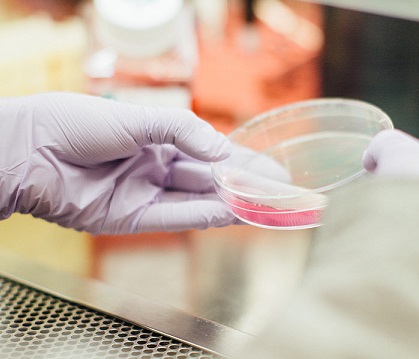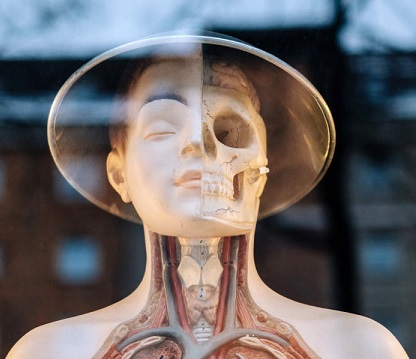It is important to understand that addiction not only includes becoming dependent upon drugs or alcohol but also covers gambling and other behavioural addictions. With either substance or behaviour addiction the removal of the symptom alone is not the solution as these complex disorders are obsessions and compulsions that are hard to beat.
A gambling addict will find it difficult to control their urge to gamble even if they realise the destructive and damaging ramifications. In time, like all addictions, the sense of satisfaction from gambling becomes more demanding and the addict begins to risk more, more often. As with drug and alcohol addiction the gambler will experience withdrawal symptoms, relapse and loss of control the deeper they become dependent. Modern technology has made gambling more accessible and it is now very easy to use a smartphone or tablet, at any time of the day or night, to get a gambling fix

Online betting apps are everywhere and very convenient, quick and easy to use. TV and radio adverts are constant and standardise gambling which has now become ‘normal’ and a large percentage of the population now gamble and at a much younger age.
The consequences of a gambling addiction are devastating. Any addiction is a mental and chronic illness. The urge to gamble becomes the most important thing for the addict. Real life takes a back seat as the need to gamble becomes stronger and uncontrollable. For many, life becomes unmanageable which leads to relationship breakdown, lies, money worries, debt and the loss of their job, home and family. Statistics show that one in five compulsive gamblers try to kill themselves and gamblers suicide rates are higher than for other addicts.

Addiction changes the chemicals in the brain which alters judgement, decision making and mood. Gambling stimulates the pleasure and reward system releasing dopamine that provides a wave of satisfaction. This motivates us to do that action again and again so we can enjoy the pleasant feeling more and more. However, if we continue with this behaviour we start to make quicker connections to the neural pathways to pleasure and in turn make it harder to get the same level of good feeling. This leads to more gambling but with riskier stakes to get the best rush.
If a gambler is worried about their habit visiting their GP is a good place to start. The GP will probably ask you questions such as:
- Do you feel remorse after gambling?
- Have you gambled to relieve financial hardship or pay back money you owe?
- Is gambling effecting your home, work or school life?
- When you win a bet do you feel compelled to gamble again?
- When you lose a bet do you try and win the money back?
- Have you ever sold something or taken a loan so you can gamble
- Do you ever gamble to get rid of bad feelings such as worry, stress, grief or loneliness?
- Have you gambled for a longer time than you intended?
- Is you gambling becoming more important than anything else in your life?
